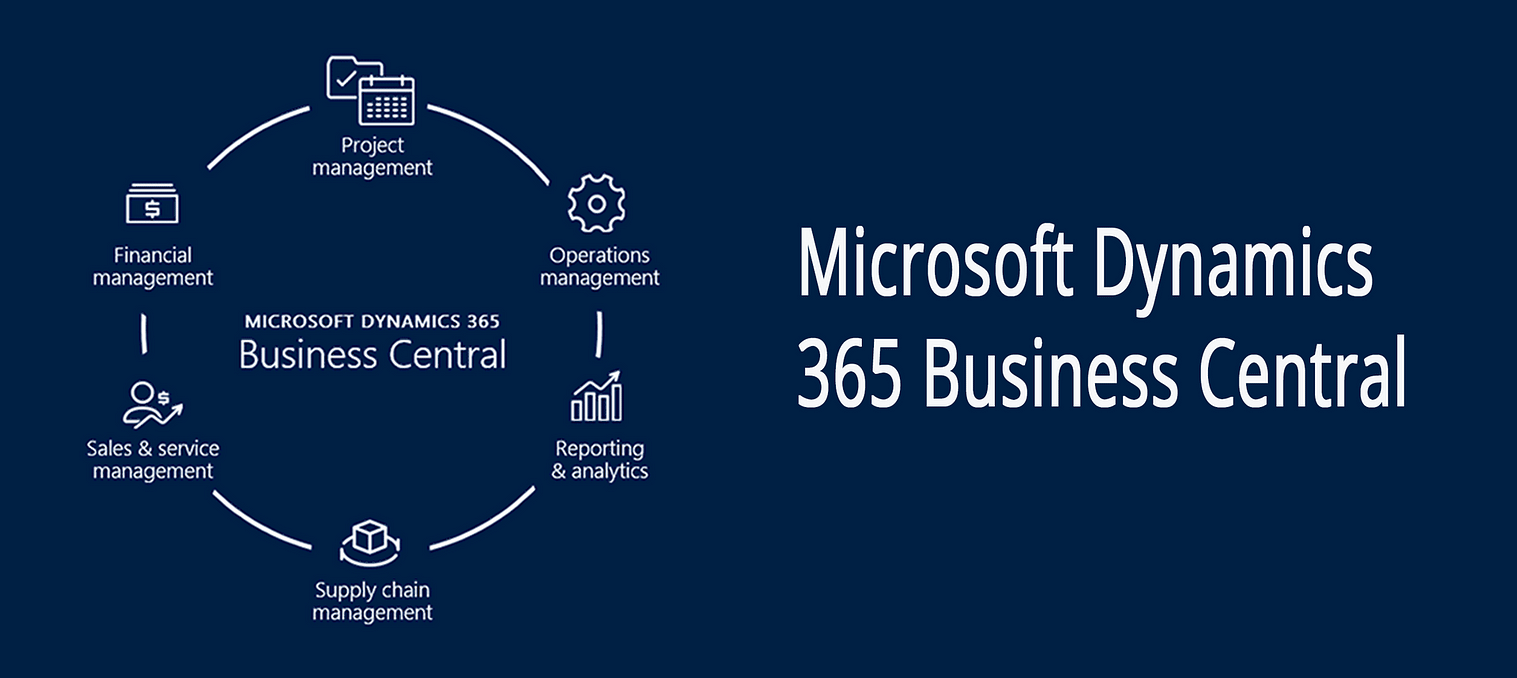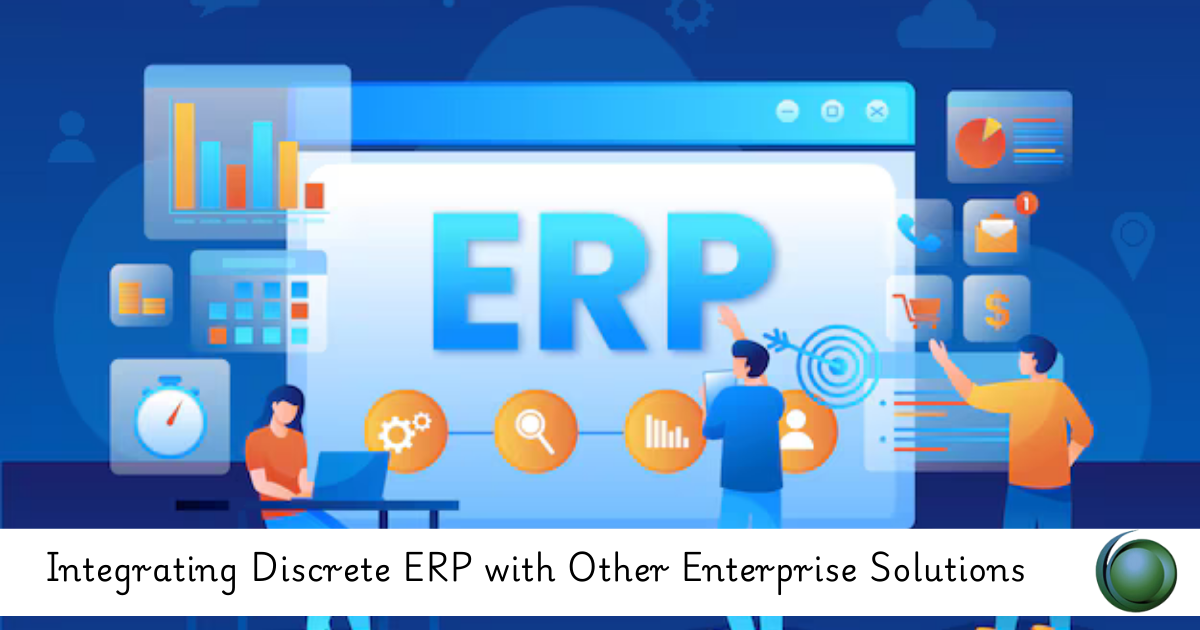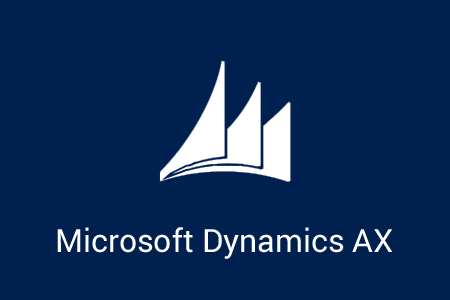Description
Introduction to Microsoft Dynamics 365 Business Central
Microsoft Dynamics 365 Business Central is an all-in-one business management solution designed for small to medium-sized businesses (SMBs) to automate and streamline financial, operational, and supply chain processes. As part of the Microsoft Dynamics 365 suite, it integrates with other Microsoft tools, such as Office 365 and Power BI, to provide a unified experience. Business Central enables organizations to manage finances, sales, purchasing, inventory, and customer relationships in real-time with a cloud-based solution that is scalable, secure, and customizable.
Prerequisites
- Basic Business Knowledge: Understanding of key business functions such as accounting, sales, and inventory management.
- Familiarity with ERP Systems: Basic knowledge of enterprise resource planning (ERP) systems and their role in business process automation.
- Experience with Microsoft Products: Familiarity with Microsoft Office, Power BI, and Azure will be beneficial for integrating and using Business Central effectively.
- Understanding of Financial Management: Basic knowledge of accounting principles and practices, as Business Central is primarily used for financial management and operations.
TABLE OF CONTENT
1 . Introduction to Microsoft Dynamics 365 Business Central
1.1 Overview of Microsoft Dynamics 365 Business Central
1.2 Key Features of Microsoft Dynamics 365 Business Central(Ref: Introduction on MS Dynamics AX-2012: From Basics to Advanced)
1.3 System Requirements
1.4 Installation and Configuration
2 .Architecture and Components
2.1 Application Architecture
2.2 Database Structure
2.3 Integration with Other Systems
2.4 Extension Architecture
3 . Development Environment
3.1 Development Tools
3.1.1 Visual Studio Code Integration
3.1.2 AL Language
3.2 Extension Development
3.2.1 Creating Extensions
3.2.2 Debugging Extensions
4 . AL Language Programming
4.1 AL Syntax and Structure
4.2 Objects and Data Types
4.3 Events and Triggers
4.4 Codeunit, Page, Report, and Query Objects
4.5 Extensions and Modifications
5 . Customizing Business Central
5.1 Personalization and Configuration
5.2 Page Customizations
5.3 Report Customizations
5.4 Role Centers
6 . Integration and Web Services
6.1 Web Service Integration
6.2 API Usage
6.3 Data Exchange and Interoperability
7 . Security and Permissions
7.1 User Roles and Permissions
7.2 Data Security
7.3 Access Control Policies
8 . Testing and Debugging
8.1 Unit Testing
8.2 Debugging Techniques
8.3 Performance Optimization
9 . Deployment and Maintenance
9.1 Deployment Best Practices
9.2 Upgrades and Updates
9.3 Monitoring and Troubleshooting
10 . Documentation and Best Practices
10.1 Code Documentation
10.2 Best Practices for Development
10.3 Version Control and Collaboration
Conclusion
Microsoft Dynamics 365 Business Central provides small and medium-sized businesses with a powerful, flexible, and scalable ERP solution to manage their financials, operations, and customer relationships. With its integration across various business functions, users can make better-informed decisions, automate repetitive tasks, and drive business growth. By leveraging the cloud, it offers the benefits of real-time data access, seamless updates, and scalability to meet the changing needs of the business. Customization options, integration with other Microsoft tools, and security features make Business Central a reliable solution for businesses looking to optimize their operations, improve efficiency, and ensure compliance. With its comprehensive functionality, Business Central is an ideal choice for organizations seeking to enhance their ERP capabilities and streamline business processes.







Reviews
There are no reviews yet.